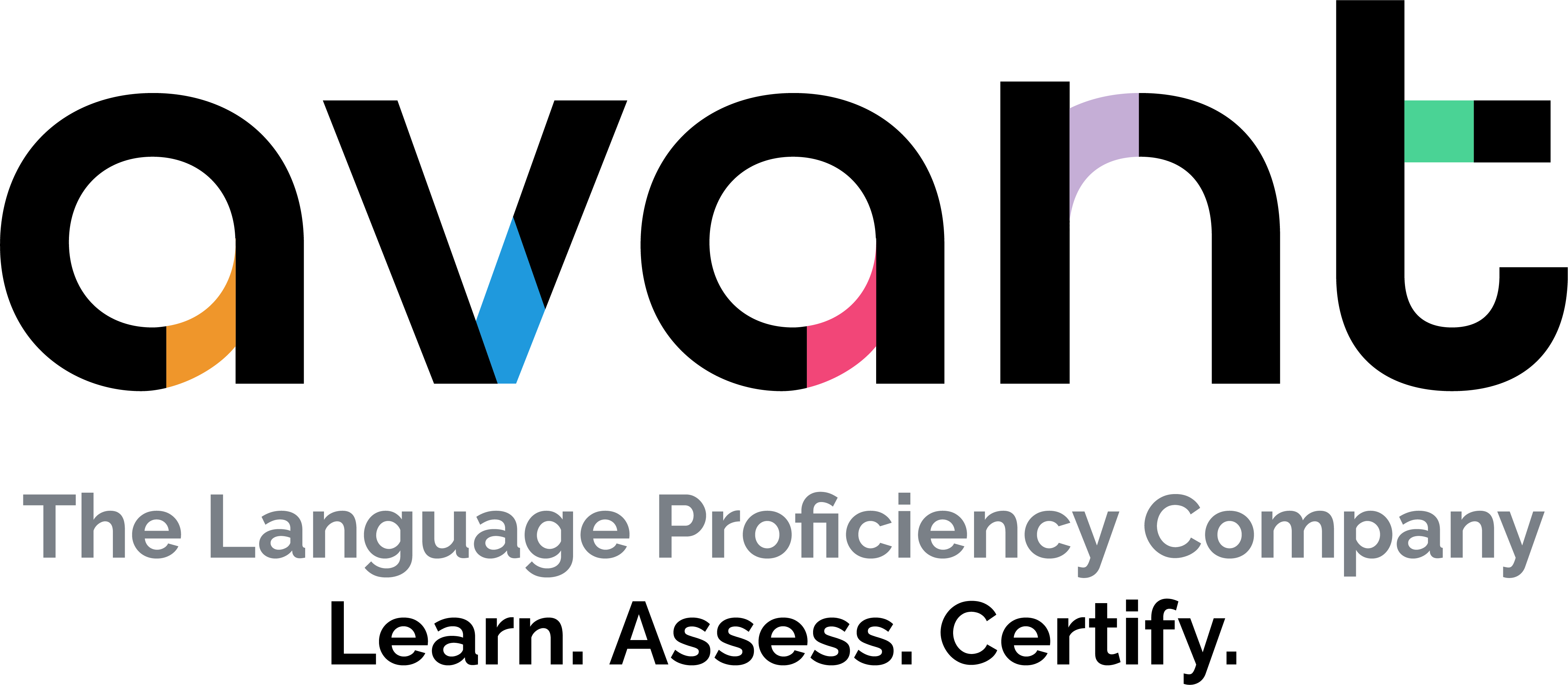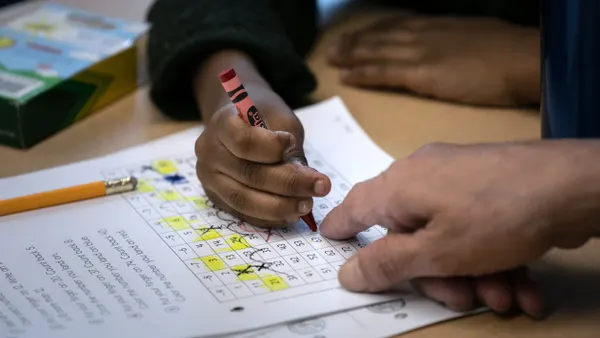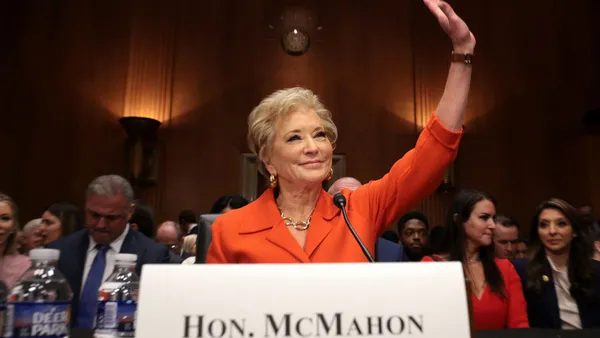Dive Brief:
- Virginia school construction projects are getting a funding boost. The Virginia Board of Education has awarded $365 million for new school construction, renovations and upgrades. The money will fund 40 projects in elementary, middle and high schools across 28 school divisions primarily located in central, south and western Virginia.
- Builds receiving funds include $18 million for three projects in Roanoke, $20 million for Halifax County High School in South Boston and nearly $50 million across three schools in Danville.
- The state’s board of education did not award all of the $450 million approved by the Virginia General Assembly, indicating the leftover $84 million could be doled out in a second round of awards.
Dive Insight:
Nationwide, schools anticipate a burst of federally funded upgrades to facilities this summer. That’s in part due to loosening of backlogged projects and summer break, which makes school construction easier in the absence of most students and staff.
Congress approved the pandemic Elementary and Secondary School Emergency Relief funds in 2020 and 2021, but it can take months or years to plan and execute those projects. Compounded by supply chain problems and labor shortages, districts fear they must get upgrades moving before ESSER deadlines hit.
The last and largest allocation at $121.9 billion — known as ESSER III — has an obligation deadline of Sept. 30, 2024 and a spending deadline of Jan. 28, 2025.
As it pours money into building new schools, the Commonwealth is also investing in educating its future construction workforce.
In April, Lisa Coons, Virginia’s Superintendent of Public Instruction, announced $600,000 in competitive grants awarded to 16 school divisions for upgrading equipment for career and technical education and science, technology, engineering and mathematics programs. Each division will receive $37,500 to purchase new equipment or make other improvements to enhance learning.
“These grants continue to allow our school divisions to develop robust and innovative CTE programs that are up to date technologically and help prepare students for the realities and expectations of today’s workforce,” Coons said.
















